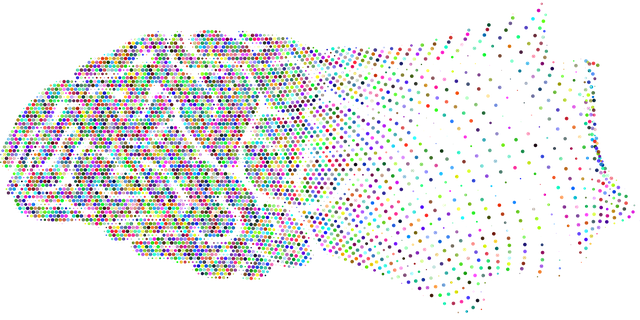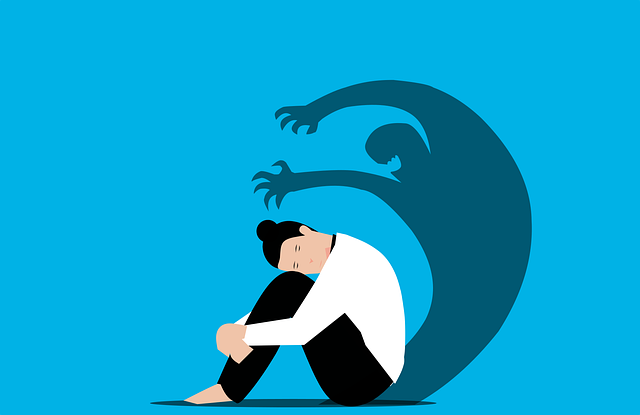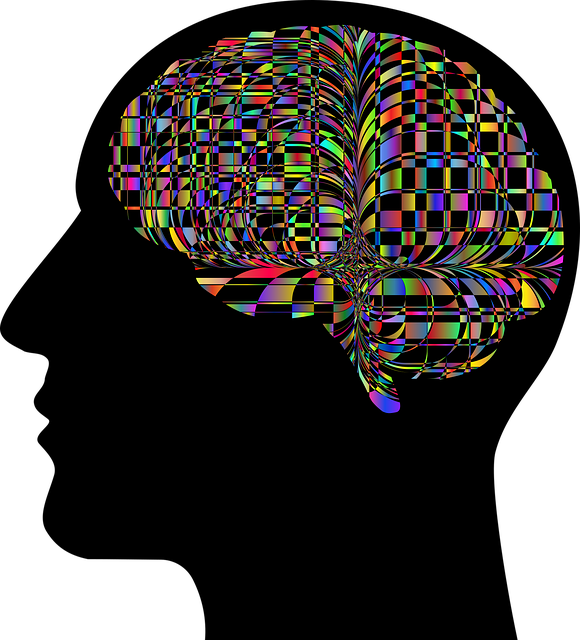Mental health crisis hotlines, including those offering Lafayette OCD Therapy, provide immediate support and guidance during emotional distress, de-escalating situations with empathy. These confidential services connect individuals to appropriate care, aid professionals in risk assessment, and promote awareness for better mental health policies. Operators use active listening, validation, and positive thinking techniques to help callers manage anxiety, panic attacks, and OCD symptoms, offering a safe space and tailored coping mechanisms. Ongoing support through therapy, public awareness campaigns, and support groups is vital for effective OCD management, preventing relapse, and improving community understanding.
In today’s fast-paced world, mental health crisis hotline support services play a crucial role in assisting individuals grappling with intense emotions. This article explores various facets of these vital resources. We delve into understanding mental health crises and the critical function of hotlines like Lafayette OCD Therapy in providing immediate assistance. Additionally, we discuss emergency psychological assistance, common techniques used by operators, and long-term aftercare for those struggling with conditions such as Obsessive Compulsive Disorder (OCD).
- Understanding Mental Health Crisis Hotlines
- The Role of Lafayette OCD Therapy in Crisis Support
- Accessing Emergency Psychological Assistance
- Common Techniques Used by Crisis Hotline Operators
- Aftercare and Long-term Support for Individuals with OCD
Understanding Mental Health Crisis Hotlines

Mental Health Crisis hotlines are vital support services designed to provide immediate assistance and guidance during moments of intense emotional distress or impending crisis. They serve as a lifeline for individuals grappling with various mental health challenges, including Lafayette Obsessive Compulsive Disorder (OCD) Therapy. These hotlines offer confidential, non-judgmental spaces where people can openly discuss their struggles, often with trained volunteers or professionals who employ empathy building strategies to de-escalate situations.
By offering a listening ear and practical advice, these services aim to stabilise individuals and connect them to appropriate resources for ongoing care. Beyond immediate support, mental health crisis hotlines play a crucial role in risk assessment for professionals, enabling them to gauge the severity of a situation and decide on the best course of action, ensuring the safety and well-being of the caller.
The Role of Lafayette OCD Therapy in Crisis Support

In moments of mental health crisis, Lafayette OCD Therapy plays a pivotal role by offering immediate support through its dedicated hotline services. With a team of trained professionals specializing in Obsessive Compulsive Disorder (OCD), they provide a safe and non-judgmental space for individuals experiencing acute distress related to anxiety, obsessions, and compulsions. This specialized therapy is crucial, especially considering the unique challenges posed by OCD, ensuring that those in need receive tailored assistance.
Beyond crisis intervention, Lafayette OCD Therapy contributes to the broader mental health community through advocacy and education. Their work extends to shaping mental health policy by raising awareness about OCD within the public sphere. By combining direct support with strategic initiatives like Public Awareness Campaigns Development and Social Skills Training, they strive to destigmatize mental illness and enhance access to effective treatment, ultimately fostering a more inclusive and supportive society.
Accessing Emergency Psychological Assistance

Accessing emergency psychological assistance is a vital step for individuals experiencing a mental health crisis. In moments of intense distress or when feelings of despair overwhelm, dedicated hotline services offer immediate support and guidance. These hotlines are designed to be easily accessible, often available 24/7, ensuring help is readily available whenever needed. Trained professionals answer calls, providing a safe space for individuals to express their emotions freely without judgment.
For those grappling with conditions like Lafayette Obsessive Compulsive Disorder (OCD), these hotlines can be life-saving. They offer immediate strategies to manage symptoms and provide a bridge to longer-term therapy options. Beyond crisis intervention, emotional well-being promotion techniques are often discussed, empowering individuals to develop coping mechanisms tailored to their unique needs. Additionally, healthcare provider cultural competency training is integral in ensuring diverse populations receive culturally sensitive care. This holistic approach not only addresses the immediate crisis but also fosters resilience and improves overall burnout prevention, ultimately contributing to a more robust mental health support system.
Common Techniques Used by Crisis Hotline Operators

Crisis hotline operators employ a range of effective techniques to provide immediate and compassionate support to individuals in mental health crises. One of the primary approaches is active listening, where operators carefully hear and understand the caller’s concerns without judgment. This process helps build trust and allows for a safe space to express emotions freely.
Additionally, operators often use communication strategies like validating the caller’s feelings, reflecting their emotions back, and encouraging positive thinking. They guide individuals through calming techniques, such as deep breathing exercises, to help manage acute anxiety or panic attacks. For those struggling with disorders like Lafayette Obsessive Compulsive Disorder (OCD), hotline support can be instrumental in providing immediate relief and connecting them to appropriate therapy services. Trauma support services are also offered, utilizing specialized communication strategies tailored to complex emotional situations, ensuring comprehensive care for diverse mental health needs.
Aftercare and Long-term Support for Individuals with OCD

After a crisis is resolved, individuals struggling with Obsessive Compulsive Disorder (OCD) require ongoing support to manage their condition effectively. Long-term care plays a crucial role in preventing relapse and promoting sustained recovery. Lafayette OCD therapy often involves a comprehensive approach that extends beyond immediate intervention. This can include individual or group therapy sessions focused on evidence-based practices like compassion cultivation, which helps individuals develop self-compassion and reduce harsh inner criticism.
Public awareness campaigns development and participation in support groups are also valuable components of long-term care. These initiatives foster a sense of community and provide ongoing education about OCD, thereby boosting confidence in managing symptoms. By combining these strategies with regular check-ins and maintenance therapy sessions, individuals can develop the coping skills necessary to navigate challenges and maintain a healthy quality of life.
Mental health crisis hotline support services play a vital role in assisting individuals navigating intense emotional distress. As highlighted, Lafayette OCD therapy specializes in crisis support, offering expertise in managing obsessive-compulsive disorder (OCD) during such times. Emergency psychological assistance is readily accessible through these hotlines, employing techniques like active listening and cognitive-behavioral strategies to stabilize minds. After immediate aid, long-term support through aftercare plans ensures recovery continues. By combining professional guidance with accessible resources, crisis hotline operators foster healing and empower individuals to manage their mental health effectively.












